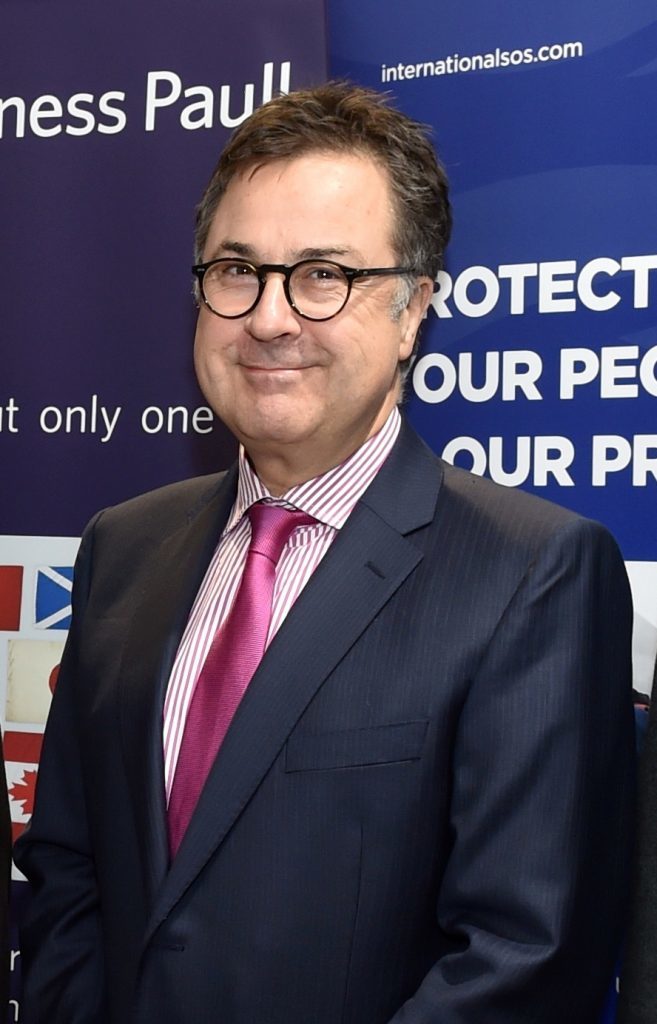
There is much written about the health of workers in the workplace but much less about specific health problems of managers. It is frequently assumed that they will take care of themselves. This is often not the case.
There are many aspects of the work and lifestyle of a manager which can contribute to health problems.
Many senior managers will also be aged in their 40s and 50s which is a time of life when preventative health care is needed but there is no time put aside for this.
Common health problems for managers include:
- Increasing stress levels
- Poor lifestyle choices–bad diet, lack of regular exercise, increasing alcohol intake and smoking
- Avoiding regular preventative health checkups
- Jet lag from frequent long distance business travel
- Not keeping up to date with preventative vaccinations
- Back and neck problems from long periods spent at the desk and computer
Stress is not a disease but a person’s reaction to excessive demands and pressure.
Many managers may see stress as a sign of weakness and ignore symptoms which damage their health in the long term. The greatest cause of stress reported these days is from work-related issues.
Stress for a manager can come from many areas:
- Trying to balance obligations at home and work
- Increasingly complex work environments with constant change
- Trying to achieve more with fewer resources
- Email and mobile phones making managers live and work 24 hours a day
The symptoms of stress can be both physical and psychological. Physical symptoms include headaches, backaches, bowel disturbance, high blood pressure, and poor sleep quality. Psychological symptoms include being short tempered, agitated, easily irritated by small problems, decreased work productivity and poor concentration.
Simple solutions to stress are to look at better time management techniques, accept what cannot be changed, be realistic in what is achievable, delegate responsibilities, take time out to relax and find interests away from work, exercise regularly and avoid using alcohol, coffee or cigarettes as a solution.
Preventative health checkups become increasingly important as you get older and many working in management will avoid these if they have no symptoms.
The purpose of health checks is to identify health problems before they cause permanent problems. This is no different to having a car and getting it serviced regularly. During these regular checkups vaccinations can be reviewed and updated.
Many managers attend frequent business lunches and dinners. Others will say they are too busy to have regular meals. Both of these lifestyle habits mean that the diet may be poor, either lacking in nutrition or too high in saturated fats and sugars.
Frequent business dinners can also result in drinking more alcohol than is healthy.
Lack of time due to work demands is also major excuse given for not taking regular physical exercise.
Regular exercise not only maintains heart and lung health, bone and muscle strength, it is also a valuable method of weight control and stress reduction. It helps reduce high blood pressure and cholesterol and reduces the risk of certain cancers and diabetes.
Finally, managers who travel frequently
for business should be aware of the health effects of jet lag. This occurs with long distance travel across more than three to four time zones.
Physically the body “clock” is not synchronized to the new location and is not ready for the new challenges.
Symptoms of jet lag are difficulty sleeping and daytime fatigue, poor appetite or bowel disturbance, poor decision making and an increased risk of errors or accidents.
It is strongly advised that no major meetings be scheduled immediately after arrival.
It is possible to minimise the effects by
getting as much rest as possible on long
flights, avoiding alcohol but taking in additional fluids, going outside daily in sunlight to stimulate the hormones which regulate the body clock.
It may be necessary to take prescribed sedatives to aid sleep and this should be discussed with your family doctor.
In summary the rapidly changing business world and its demands require that, managers recognise the potential treats to their health and productivity.
Health risks can effectively be mitigated today by one important ingredient and that is taking some time to review one’s lifestyle and not just “talk about it” but look at making changes to benefit your wellbeing.
Dr Michael Braida is regional medical director at International SOS
Recommended for you
